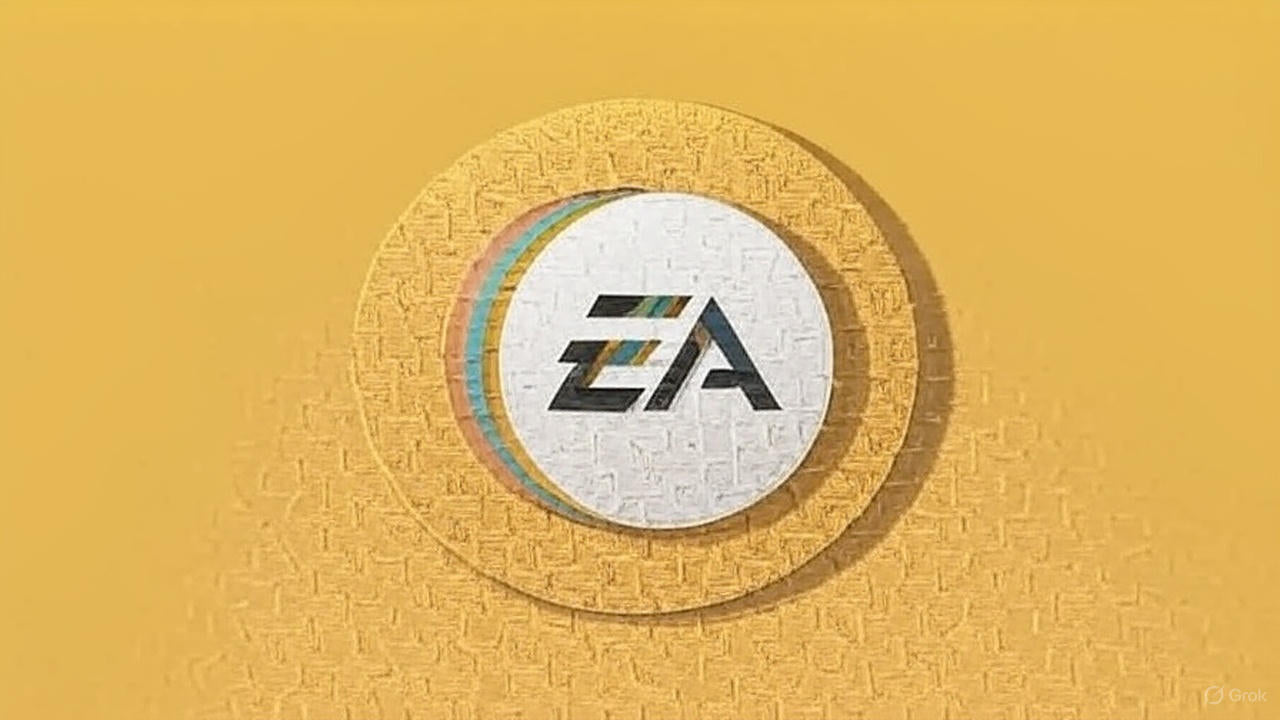EA [5 Key Updates] AI Pivot Strategy Post $55B Buyout
Introduction
Electronic Arts (EA), a global leader in the gaming industry, is undergoing a historic transformation. Following the $55 billion leveraged buyout led by Saudi Arabia’s Public Investment Fund (PIF), Silver Lake, and Jared Kushner's Affinity Partners, EA is now poised for an AI-driven strategic shift. According to a recent tweet by @CultureCrave, the new owners are planning to leverage artificial intelligence to significantly cut operating costs, hinting at a potential revolution in how games are developed and managed.
1. The $55 Billion Buyout: A Historic Move
The leveraged buyout of EA, one of the largest in history, marks the company’s transition from a public entity to a private enterprise. Funded partly by $20 billion in debt, the buyout emphasizes profitability and efficiency, potentially reshaping EA's corporate and creative strategies.
Key Takeaways:
- EA transitions to private ownership.
- Focus on profit optimization post-buyout.
- New ownership includes PIF, Silver Lake, and Affinity Partners.
EA's new owners are planning an AI pivot to significantly cut operating costs
— Culture Crave 🍿 (@CultureCrave) September 30, 2025
(via @FinancialTimes) pic.twitter.com/jU92qJFdp6
2. The AI Pivot Explained
The tweet from @CultureCrave highlights the new AI-centric strategy, aimed at reducing operational costs. AI could be applied in:
- Game Development: Automating repetitive coding, testing, or content generation.
- Customer Support: Using AI chatbots to handle player queries efficiently.
- Marketing & Analytics: Enhancing predictive modeling and user engagement metrics.
The accompanying images—a futuristic robot and the EA logo—visually reinforce the technological and corporate shift.
3. Reactions from Gamers and Industry Observers
Social media reactions to this development are mixed:
- Humor and Memes: Users share humorous images expressing surprise or skepticism.
- Criticism: Concerns about microtransactions, game quality, and potential layoffs.
- Industry Analysis: Experts suggest AI adoption could improve efficiency but may affect creative quality if overused.
Trending discussions also speculate on how this shift might deprioritize DEI initiatives and inclusivity in EA games.
The new owners of EA plan to use AI to cut costs across the business
— ScreenTime (@screentime) September 30, 2025
(via: Financial Times) pic.twitter.com/ZBdOVgo3m1
4. Implications of the AI Strategy
- Cost Reduction: Streamlined operations and reduced labor expenses.
- Faster Game Releases: Potential for quicker production cycles.
- Innovation Risks: Over-reliance on AI could compromise creative storytelling or immersive gameplay.
- Public Perception: EA’s controversial history with microtransactions could intensify backlash if AI cuts affect game experience.
5. The Bigger Picture for Gaming
EA’s AI adoption may set a precedent for the broader gaming industry, signaling a move toward technology-driven efficiency. While it could enhance profitability and innovation, it raises critical questions about the balance between automation and human creativity in gaming.
FAQs
Q1: Why is EA implementing an AI pivot?
A1: The new private owners aim to cut operational costs and increase efficiency using AI technologies.
Q2: What is the significance of the $55 billion buyout?
A2: It’s the largest leveraged buyout in gaming history, marking EA’s transition to private ownership and a profit-focused strategy.
Q3: Could AI impact game quality?
A3: Yes, while AI can speed up development, over-reliance could reduce creative input and immersive storytelling.
Q4: Will EA games become cheaper for players?
A4: Cost reduction might not directly translate to lower prices; it primarily affects company operations and profit margins.
Q5: How are gamers reacting?
A5: Reactions range from curiosity and humor to criticism about potential layoffs and reduced inclusivity in games.
Conclusion
EA’s journey under new ownership represents a pivotal moment in gaming history. The AI pivot promises operational efficiency and potential innovation, but also challenges creative integrity and public perception. As the gaming community watches closely, EA’s strategy could redefine industry norms and raise important questions about the role of AI in game development.


0 comments